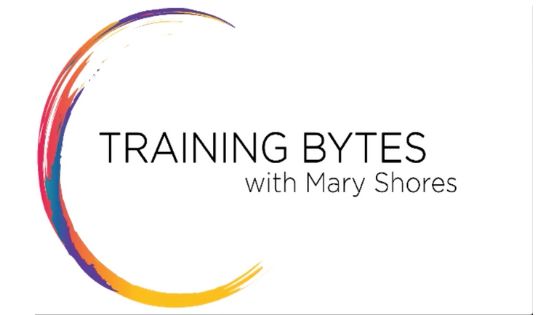There was once a man who got married. The man, who loved golf, was approached by some of his in-laws and was asked if he would teach them how to play. His new family saw how much he loved playing golf and wanted to share in that with him. But the man told them he would not teach them how to play. This upset the family and they took the snub as a sign that the man was not interested in sharing that part of his life with them. But that was not the case. When asked why he wouldn’t teach them how to golf, the man replied, “If I teach you how to golf, all you’re going to do is learn to play the way I play. And I’m not a good golfer. I don’t want to teach you my bad habits. If you want to learn the game, you need to take lessons from someone who specializes in teaching new players how to play.”
Training collectors shares a similar dynamic to learning how to play golf. A tried and true method of training new collectors in an agency is to have them shadow experienced collectors, to observe and absorb the skills and traits that have allowed the experienced collector to get where he or she is. But there might be a better way to train new collectors. And more agencies are coming around to this realization.
In the latest episode of “Training Bytes with Mary Shores,” Mary Shores talks with Katie Keich, the chief operating officer of Statewide Tax Recovery about the importance of consistency in training, which can only be achieved when individuals are all trained the same.
Training programs “make the new employee feel that they’re being embraced by the by the company and the culture right out of the gates, because you’re investing into them,” Keich said. “You’re saying, ‘Hey, I’ve spent this money on this program, I want you to go through it, I want you to take notes, and I want you to do this on company time, not on personal time.’ “
For many agencies, transitioning to a new training method is a big investment, but as has been pointed out in other episodes of the series, the return on that investment can be significant. The new school training methods, like those taught by Shores, will paint a much more comprehensive and consistent picture for new hires, who will be better collectors right from the get-go and be more likely to stick around for the long term.
“The difference between having a consistent strategy versus not having a consistent strategy … is that we’re able to take all of the collectors through a strategy, and instead of just teaching them how to use the phone, or how to use the dialer, or how to access the accounts, we’re teaching them how to strategically use communication tools to collect debt in a way that is ethical and humane, and is at the end of the day, always with the goal of making the consumer happier at the end of the call,” Shores said.
See all episodes of the Training Bytes series, and get links to access the podcast via Apple, Google, and Spotify by clicking here.









